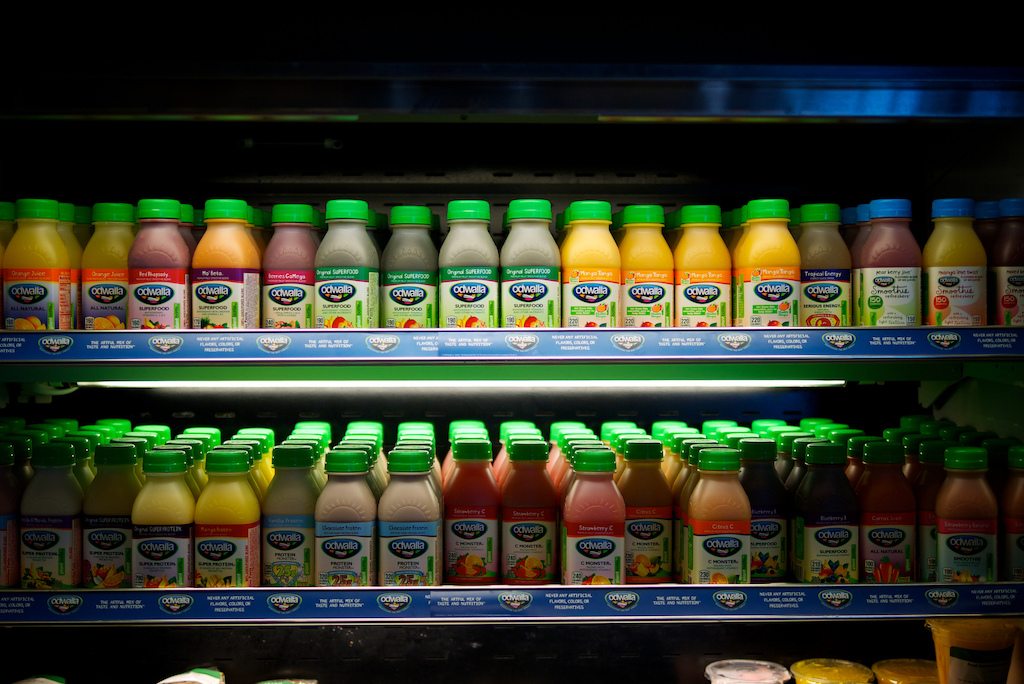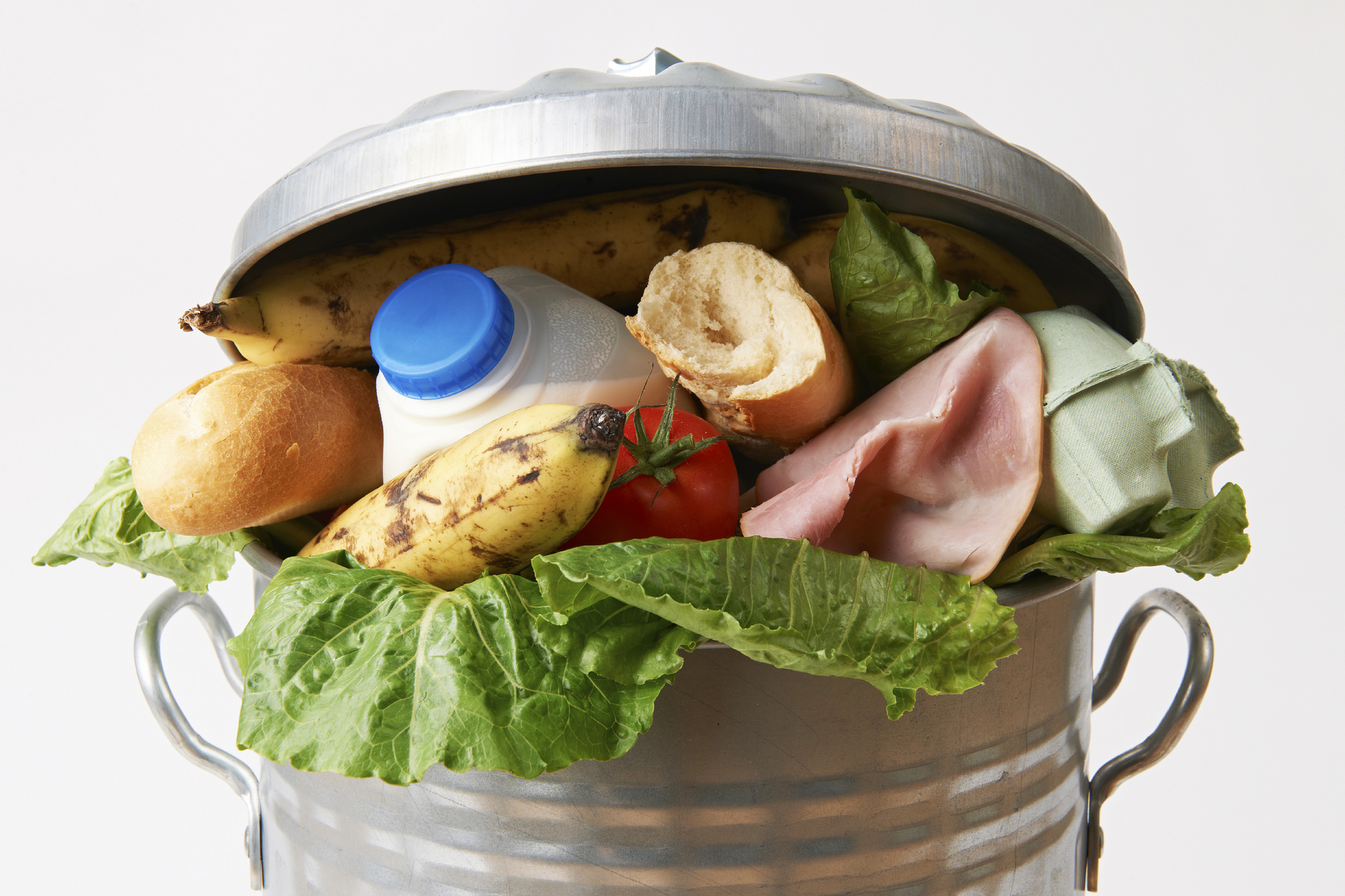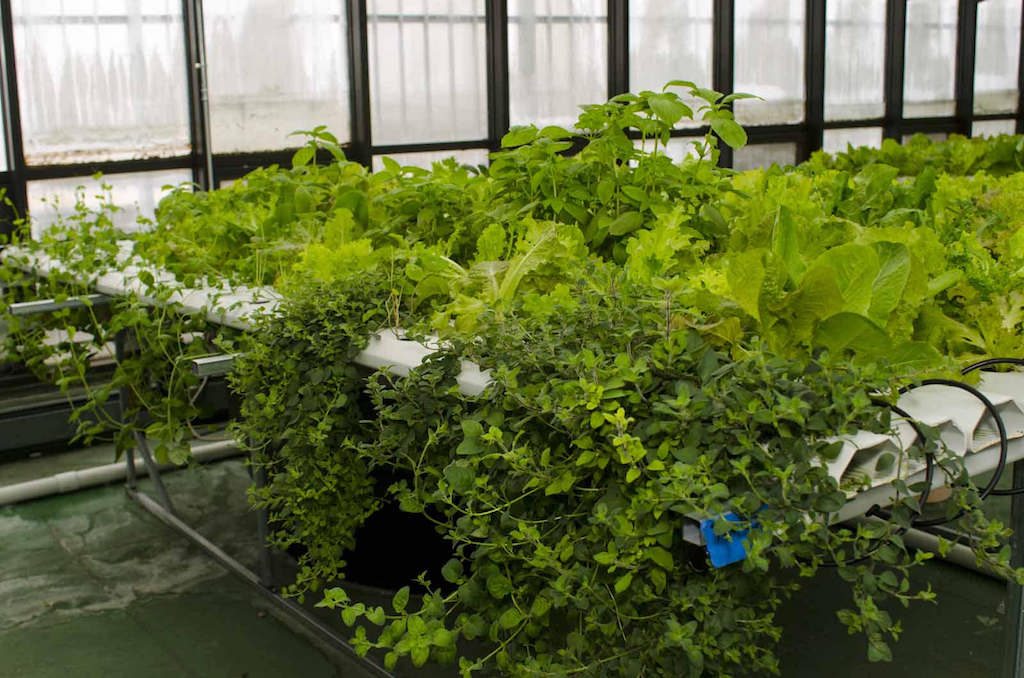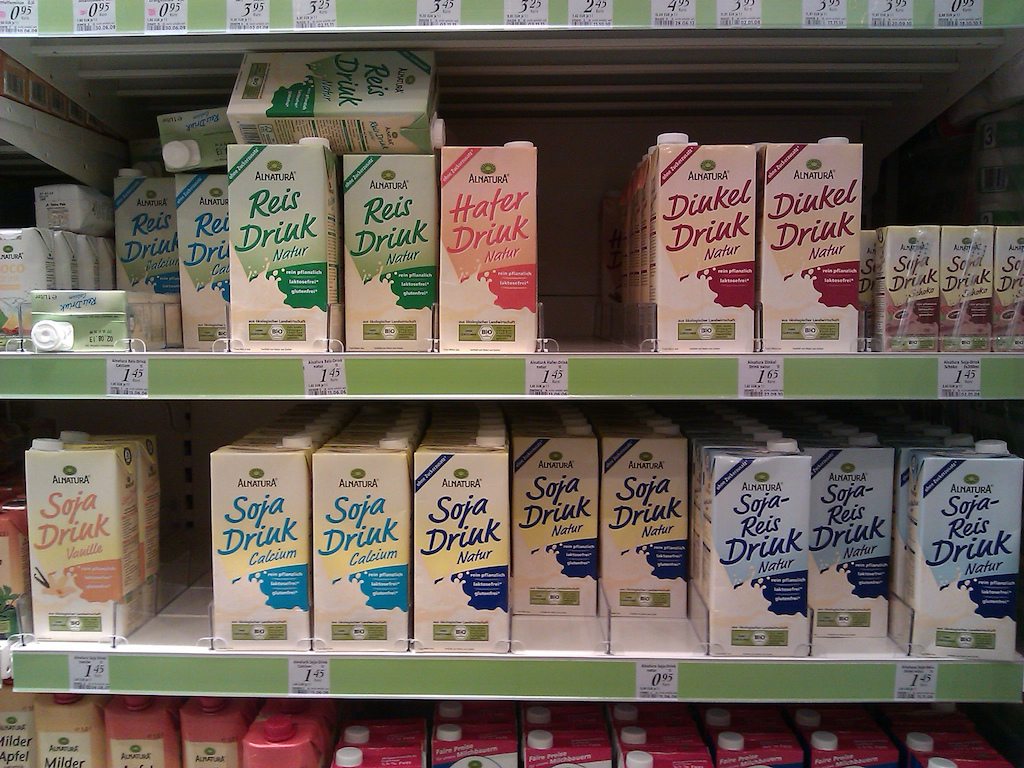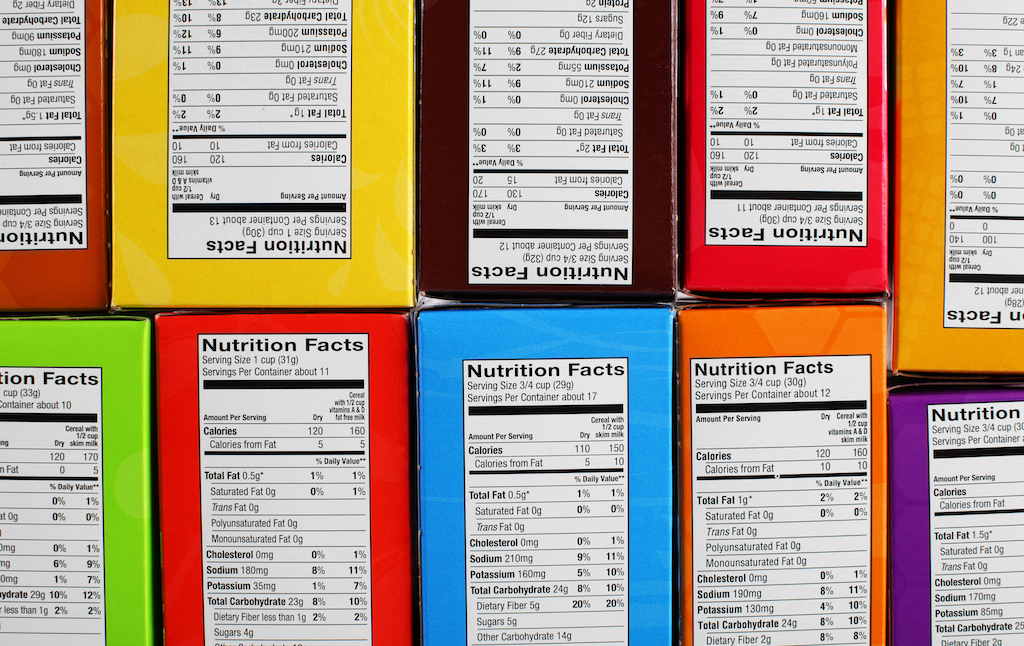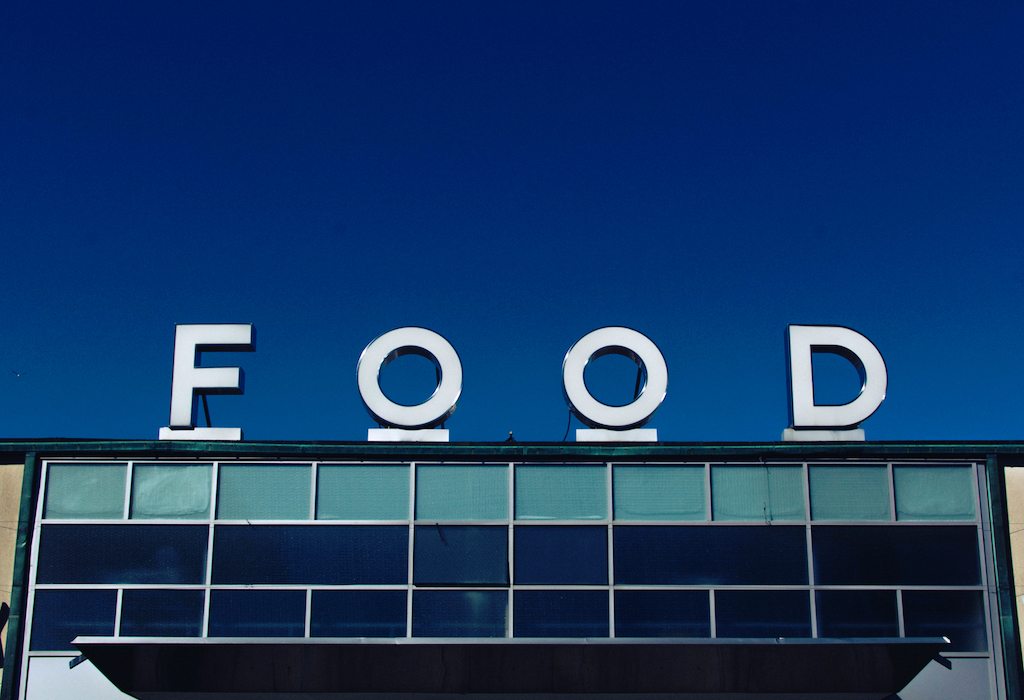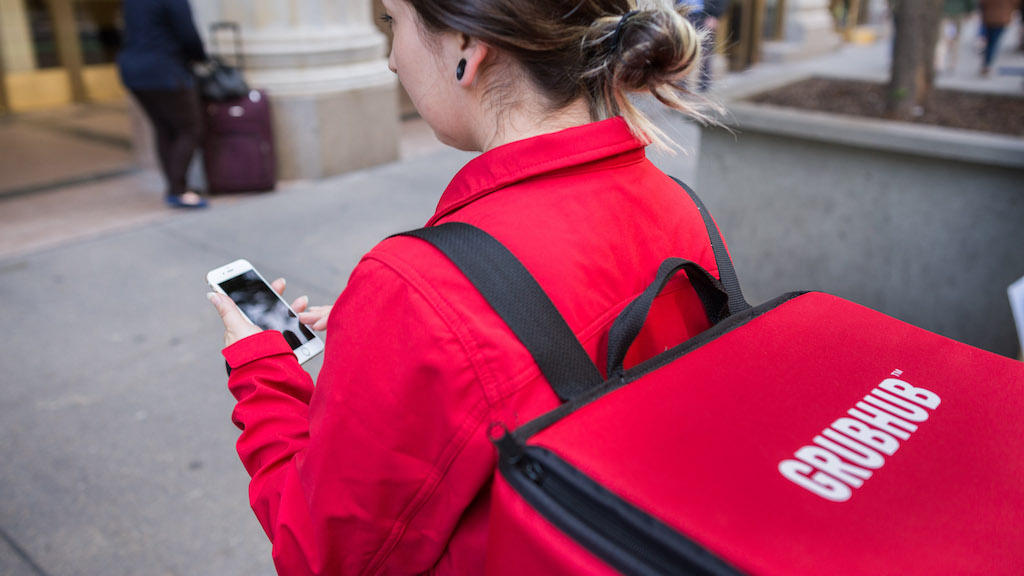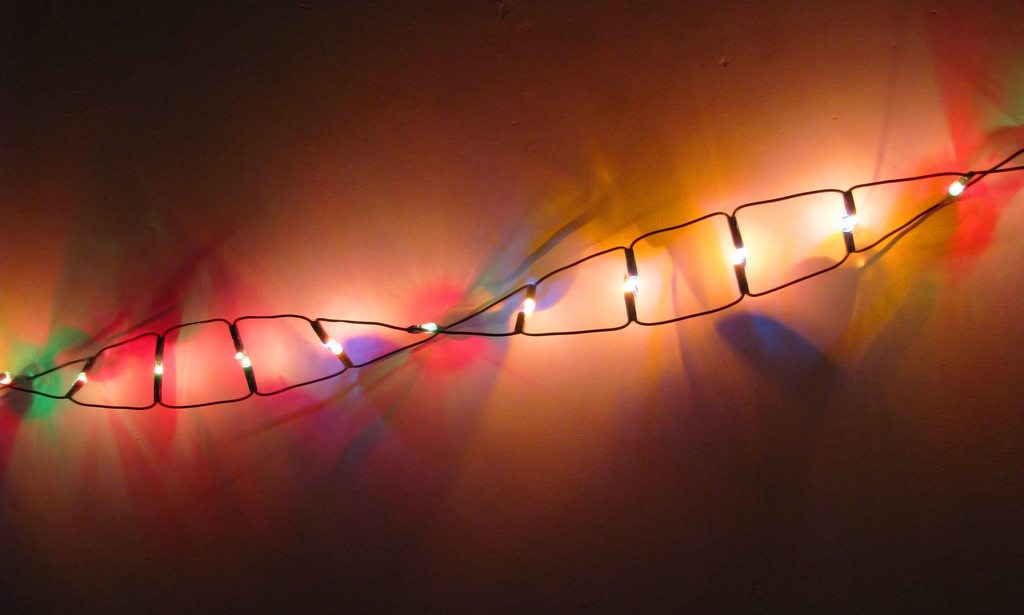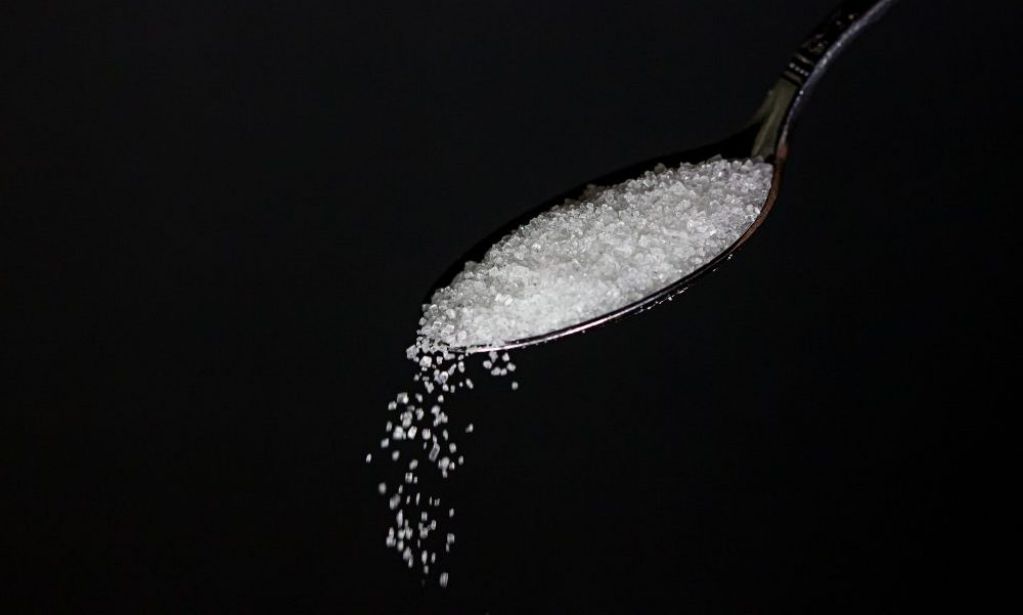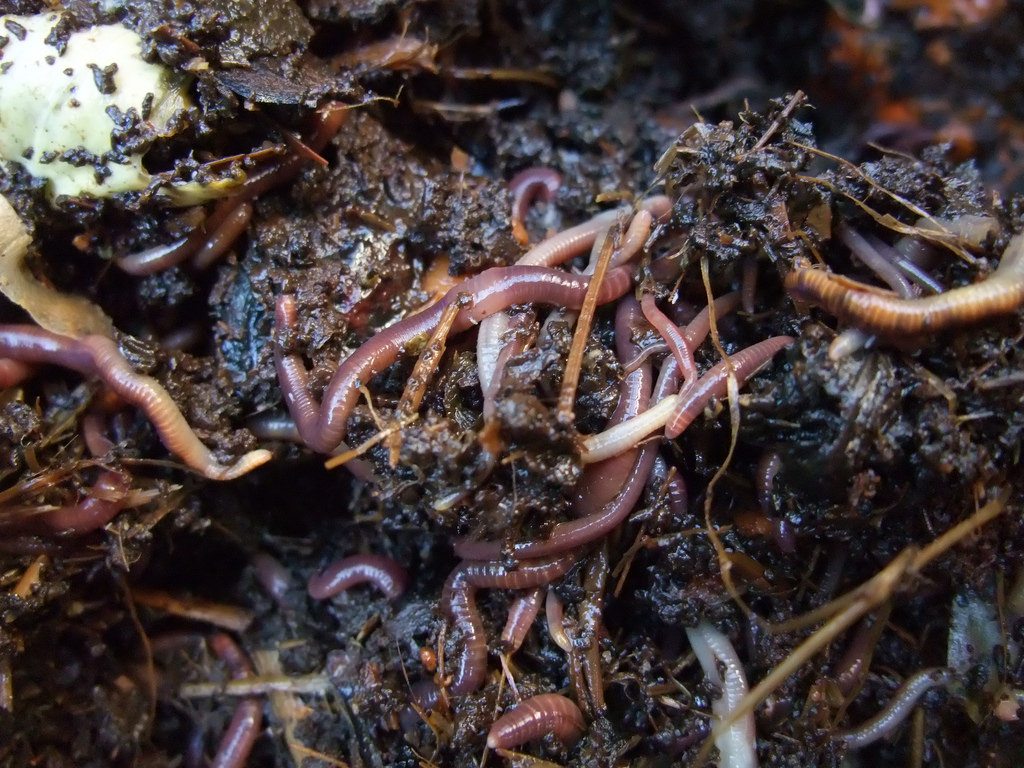Time for a thought experiment. You go to the grocery store, and there in the refrigerator case, you find a bottle labeled “100 percent orange juice. No sugar added.” You check the label, and find that indeed confirms that the product is 100 percent orange juice with no added sugar. How do you respond?
If your answer was “Sue the lying bastards,” congratulations. You understand the way the U.S. food system operates circa 2017. If not read on—we need to purge you of a few more illusions.
Our hypothetical was, of course, not hypothetical at all. The juice (or rather juices) in question are made by former new-food hero and now Coca-Cola subsidiary Odwalla. And a plaintiff is suing in California state court, arguing that he was in fact misled by the truthful claim that his juice contained no added sugar. (The facts of the case are admirably laid out by Elaine Watson at Food Navigator.)
The case hangs on an oddity in the FDA labeling regulations. You can’t say that a food has no added sugar if it doesn’t normally have added sugar. It would be legal to advertise sugar-free Frosted Flakes, but not sugar-free broccoli.
Why the distinction? The FDA says: “In implementing the guidelines, the purpose of the ‘no added sugar’ claim is to present consumers with information that allows them to differentiate between similar foods that would normally be expected to contain added sugars, with respect to the presence or absence of added sugars. Therefore, the ‘no added sugar’ claim is not appropriate to describe foods that do not normally contain added sugars.”
By “similar foods,” FDA means very similar. If you want to claim that your Italian bread is low-sodium, you need to compare it not just to bread in general, but to ordinary Italian bread.
In other words, as the Odwalla plaintiffs explain in their complaint, “The food that Odwalla 100% Orange Juice resembles and substitutes for is pasteurized pure squeezed 100% orange juice. Pasteurized pure squeezed 100% orange juice does not normally contain added sugars. There is no food that Odwalla 100% Orange Juice resembles and substitutes for that normally contains added sugars.”
And then a few paragraphs later: “The food that Odwalla Berry Greens resembles and substitutes for is a 100% juice blend of apple, cucumber, kale, spinach, blueberry and strawberry juices/purees from concentrate. A 100% juice blend of apple, cucumber, kale, spinach, blueberry and strawberry juices/purees from concentrate does not normally contain added sugars. There is no food that Odwalla Greens resembles and substitutes for that normally contains added sugars.”
Aha. When you put it that way, I get it. There’s no way I want one brand of apple, cucumber, kale, spinach, blueberry, and strawberry juice to gain an unfair advantage over all the other brands of apple, cucumber, kale, spinach, blueberry, and strawberry juices by implying that it alone of all the juices is free of added sugar.
Just kidding. As far as I’m concerned, those juices and the people who drink them are on their own. Because the big deception is not in implying that one or another of them has more or less added sugar, but in implying that somehow “no added sugar” translates to “no sugar.” A 15-ounce bottle of Berry Greens, for instance contains 35 grams of sugar. Twelve ounces of Odwalla’s orange juice has 36 grams—compared to 39 for a 12-ounce can of Coke.
FDA’s guidance notwithstanding, I support the idea that all fruit-related drinks that come in single-serving bottles are a single category. And they’re all guilty of excessive sugar until proven innocent. “100 percent juice” is a nice concept. But let’s be real: 100 percent apple juice or white grape juice in a juice blend is mostly just a sugar-delivery tactic.
When you keep that in mind, juice labels take on a whole new dimension. Take one of my current favorites (to think about, not to drink): Ocean Spray Cranberry No Sugar Added 100% Juice. First off, yes, as far as I know they shouldn’t be using the “no sugar added” label. But look at the elegance of the rest of it: Would you assume the label said it’s 100 percent cranberry juice? Of course not. No one wants to drink 100 percent cranberry juice.
The Odwalla case has just been sent to alternative dispute resolution. No doubt some money will change hands. Otherwise, the outcome will make no conceivable difference to your health, safety, or general satisfaction with the justice system as it applies to food. You can permanently knock it off your list of things to worry about.
You’re welcome.
